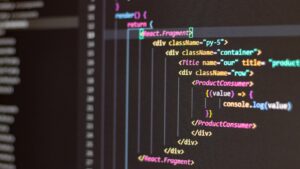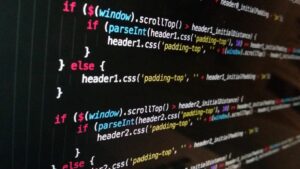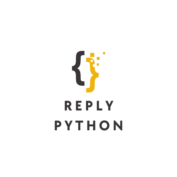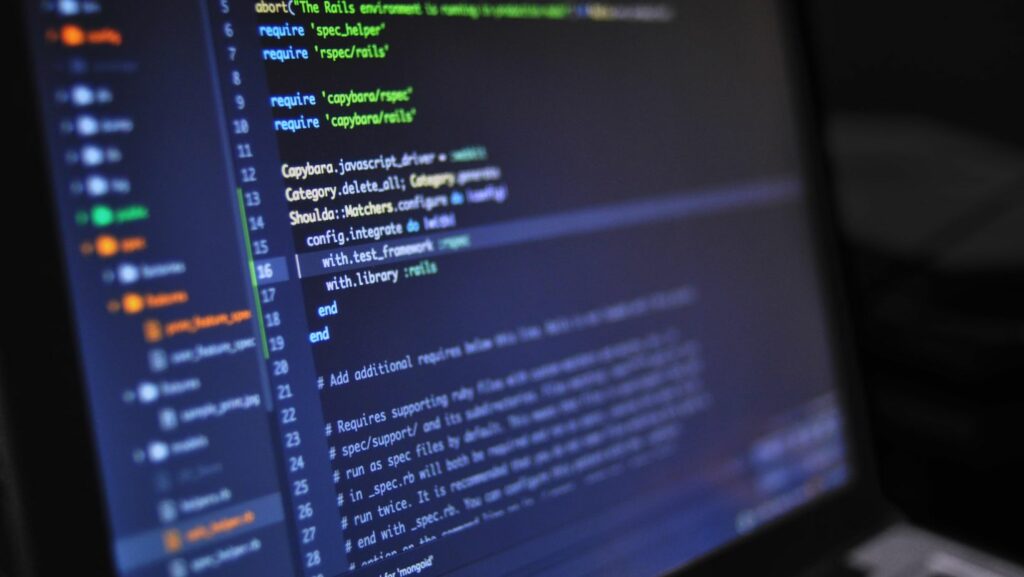 Curious about mastering coding skills? Wondering how long it takes to become proficient in programming? Delving into the world of coding can be both exciting and challenging. Understanding the timeline for learning to code is crucial for setting realistic goals and expectations. Whether you’re aiming to build websites, develop apps, or explore data science, the journey to coding proficiency varies for each individual.
Curious about mastering coding skills? Wondering how long it takes to become proficient in programming? Delving into the world of coding can be both exciting and challenging. Understanding the timeline for learning to code is crucial for setting realistic goals and expectations. Whether you’re aiming to build websites, develop apps, or explore data science, the journey to coding proficiency varies for each individual.
Embarking on the coding journey requires dedication, practice, and a strategic learning approach. As technology continues to evolve, the demand for coding skills is on the rise. From grasping the fundamentals of programming languages to tackling complex algorithms, the learning curve can be both rewarding and demanding. Stay tuned to uncover insights into the timeline of mastering the art of coding.
How Long Does it Take to Learn to Code
When considering the factors that influence the time it takes to learn coding, several key aspects come into play. Factors such as previous experience in technology, learning style and pacing, and the choice of programming language can significantly impact the duration of mastering coding skills.
Previous Experience in Technology
Prior experience in technology can expedite the learning process of coding. Individuals with a background in related fields like IT, engineering, or mathematics may find it easier to grasp programming concepts due to their familiarity with logical thinking and problem-solving. On the other hand, beginners without any technical background may require more time to understand fundamental principles.
Learning Style and Pacing
The learning style and pace of an individual can greatly influence how long it takes to learn coding. Some learners benefit from structured courses with clear objectives and timelines, while others prefer self-paced learning through online resources and tutorials. Adaptability to different learning styles and setting realistic goals can impact the efficiency of the learning process.
Choice of Programming Language
The choice of programming language also plays a crucial role in determining the learning duration. Certain languages like Python are known for their simplicity and readability, making them  ideal for beginners to start coding quickly. On the other hand, languages like C++ or Java, which are more complex, may require additional time and effort to master due to their intricate syntax and rules.
ideal for beginners to start coding quickly. On the other hand, languages like C++ or Java, which are more complex, may require additional time and effort to master due to their intricate syntax and rules.
By considering these factors and tailoring the learning approach to individual preferences and circumstances, aspiring coders can optimize their learning journey and accelerate their progress in mastering the art of coding.
Approaches to Learn Coding
When considering different approaches to learn coding, individuals can opt for formal education and bootcamps or choose self-taught methods based on their preferences and circumstances.
Formal Education and Bootcamps
Formal education, such as computer science degrees or coding bootcamps, offers structured learning environments with comprehensive curricula and expert guidance. Individuals pursuing formal education dedicate a specified amount of time each week to coursework and lectures, usually ranging from several months to a few years, depending on the program’s intensity and duration.
Self-Taught Methods
On the other hand, self-taught methods involve independent study through online resources, coding tutorials, and practice projects. Self-learners have the flexibility to set their own pace and choose specific areas of interest to focus on. The time required to learn coding through self-taught methods varies widely based on individual commitment, consistency, and the complexity of the programming concepts being tackled.
Common Challenges and How to Overcome Them
When learning to code, individuals may encounter several challenges that can hinder their progress. Below are some common challenges and effective strategies to overcome them:
Staying Motivated
 Maintaining motivation throughout the coding learning journey is crucial. To stay motivated, learners can:
Maintaining motivation throughout the coding learning journey is crucial. To stay motivated, learners can:
- Set clear goals: Establishing specific, achievable goals can help maintain focus and drive.
- Celebrate small wins: Acknowledging and celebrating progress, no matter how small, can boost motivation.
- Find a supportive community: Engaging with fellow learners or joining coding communities can provide encouragement and support.
- Take breaks: Rest is essential to prevent burnout and maintain a healthy mindset towards learning.
- Break down tasks: Dividing complex problems into smaller, manageable tasks can make them less daunting.
- Seek help: Don’t hesitate to ask for assistance from online forums, mentors, or peers when facing difficult concepts.
- Embrace mistakes: Viewing mistakes as learning opportunities can help overcome frustration and improve problem-solving skills.
- Practice regularly: Consistent practice is key to building coding proficiency and confidence in handling challenging tasks.

